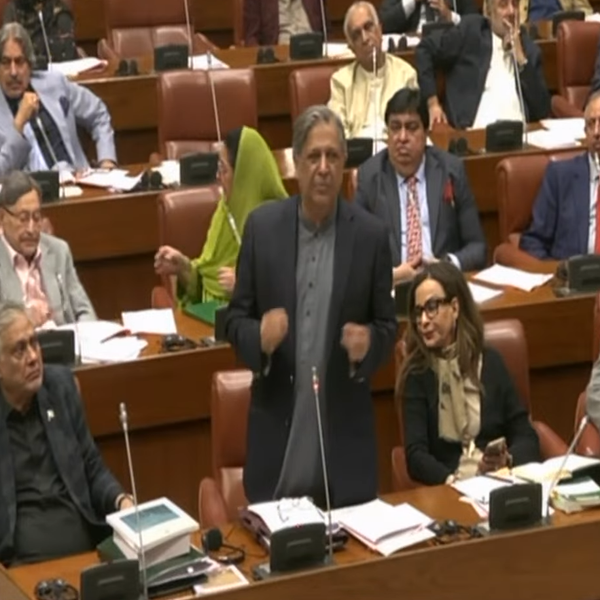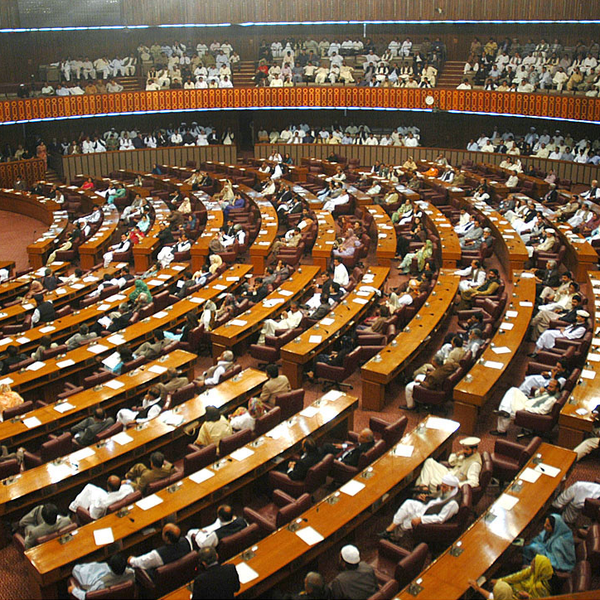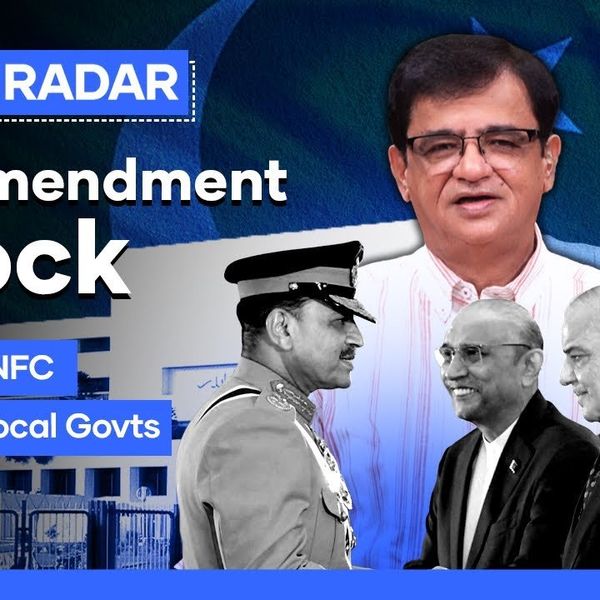News Desk
The News Desk provides timely and factual coverage of national and international events, with an emphasis on accuracy and clarity.
Pakistan’s construction and real estate sectors have been in steep decline for the past four years, severely affecting the country’s economy and employment levels.
Kamran Khan emphasized that when one house is built, 40 industries benefit — including cement, steel, marble, and wood — creating jobs for thousands. But with nearly 4,000 residential projects stalled nationwide, these benefits have dwindled.
The cost of construction has surged, with the per square foot cost rising from PKR 5,000 to PKR 8,000, freezing billions of rupees in investments and reducing government tax revenue. Khan attributed the slump to heavy taxation, noting that property transfers are taxed at nearly 14% for filers and a staggering 34% for non-filers.
This has led to a reported 80% drop in transactions in some areas.
However, recent policy moves could bring relief. Following consultations with the International Monetary Fund (IMF), the government has decided to eliminate the federal excise duty on first-time property sales, previously set at 3% for filers and 5% for non-filers. Overseas Pakistanis were already granted a 3% advance tax exemption five months ago.
Khan cited reports suggesting the real estate sector is currently operating at only 30% capacity. If raised to 80%, it could generate PKR 2 trillion in additional tax income.
He added that with an expected $38 billion in remittances this year, targeted reforms under the SIFC could push the figure to $45 billion — making construction a potential game changer for the economy.
'Housing sector being strangled'
In a podcast with Kamran Khan, Hasan Bakhshi, chairman of Pakistan’s Association of Builders and Developers (ABAD), said the country’s housing sector is being strangled by high taxes, regulatory delays, and judicial paralysis—despite its potential to drive economic recovery.
“When housing moves, 72 industries move with it,” Bakhshi said, citing World Bank estimates that suggest the sector can create up to 10 million jobs in Pakistan. Yet, with a housing shortfall of 12 million homes nationwide—and 2.2 million in Karachi alone—Bakhshi said the market is frozen because buying, building, and even getting approvals have been made too difficult.
“Every part of this sector is local—from the land to the labor to the buyer. So why can a Pakistani buy property in Mayfair, Manhattan or Palm Jumeirah, but not in their own country without being treated like a suspect?” he asked.
He blamed the Federal Board of Revenue’s (FBR) restrictions on non-filers and excessive taxes—up to 38% in some cases—as a deterrent to domestic and overseas investment. “Let people invest first. Then you can bring them into the tax net,” he said.
Bakhshi also criticized the halt of the previous government’s low-income housing finance schemes. Under Imran Khan’s tenure, more than 31,000 housing loans were approved, with a 99% repayment rate. “These were first-time homeowners who were paying back their loans like rent,” he said. “Now all windows are shut.”
He proposed reviving low-cost financing with just a 10% down payment and expanding the lending model. “There’s massive demand, but no one wants to build if they fear their investment could get stuck.”
Court delays are also choking the sector. “Trillions are trapped in stalled projects and court cases,” Bakhshi said. He called for a special judicial bench to expedite real estate cases, saying it would restore investor confidence.
Referencing the controversial demolition of the Nasla Tower in Karachi, Bakhshi revealed that ABAD plans to buy the plot at auction and rebuild it as a tech center named “Nasla Abad Tower.” “We want to turn a symbol of injustice into one of hope,” he said.
“The system must work with, not against, those who want to build,” he added. “We need out-of-the-box thinking—urgently.”











Comments
See what people are discussing